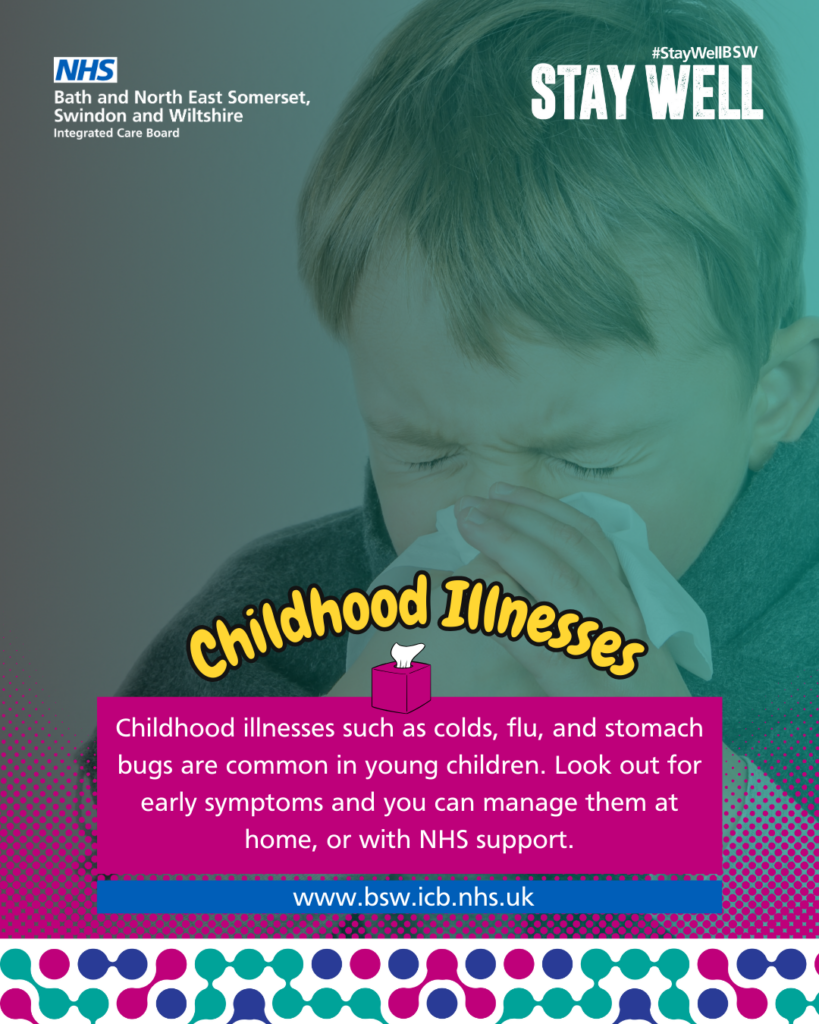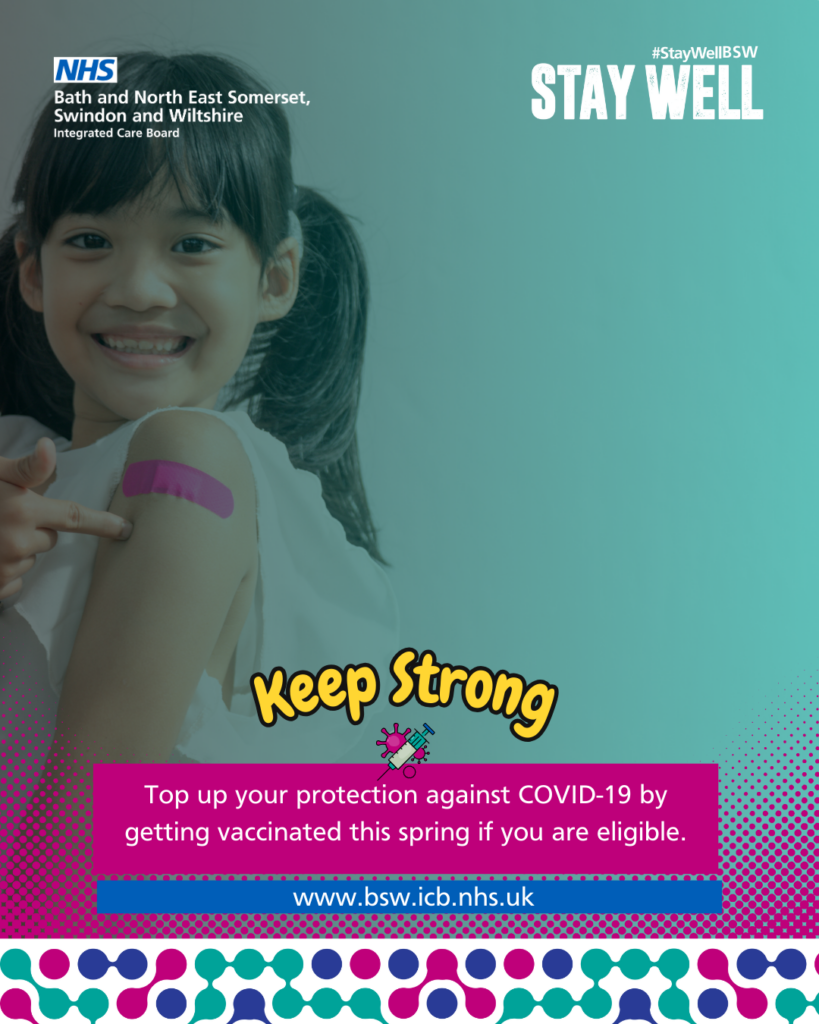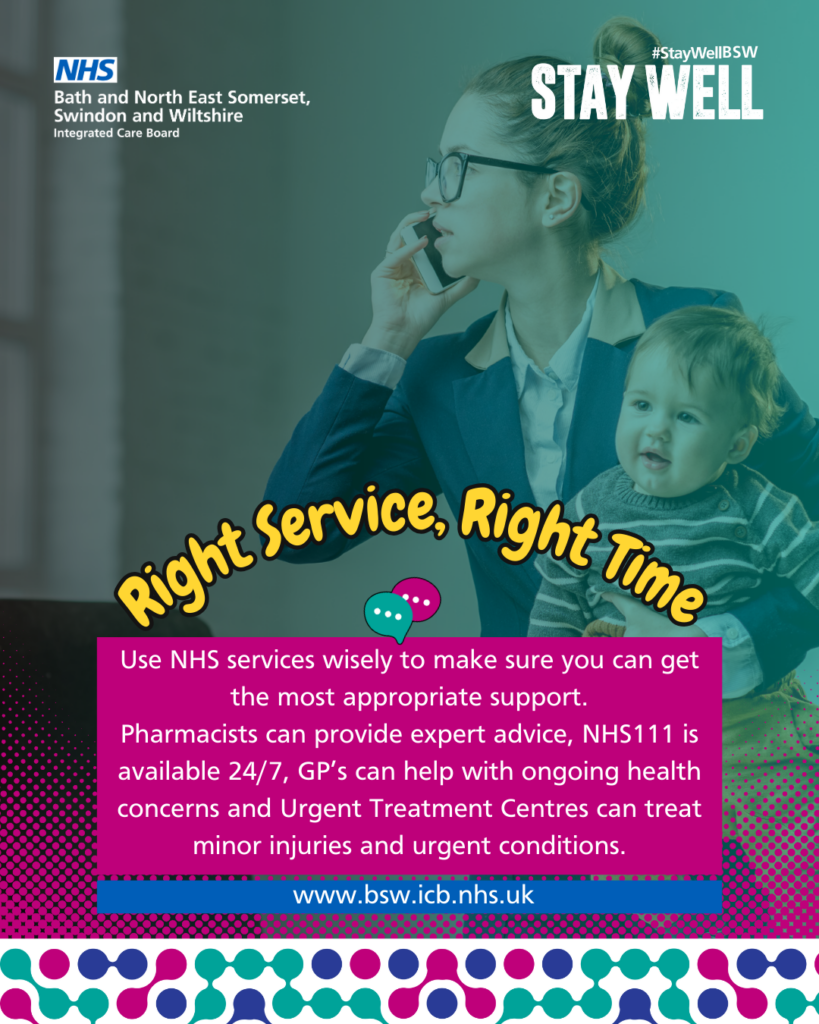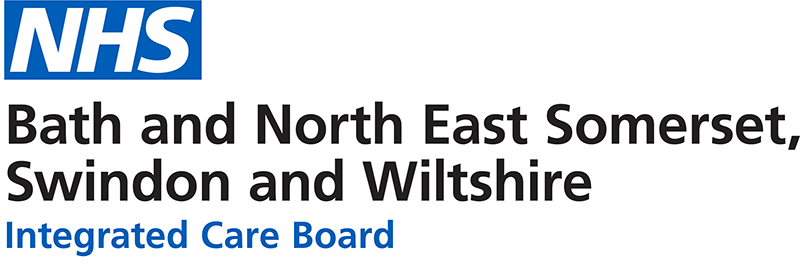Stay Well This Easter Holiday

In the Easter holidays, we encourage parents to take simple steps to keep their children healthy and if they do become poorly, to get the right care without unnecessary trips to A&E. Many common childhood illnesses can be effectively managed at home or through local NHS services such as community pharmacies.
Norovirus

Norovirus cases remain high.
Norovirus is a stomach bug that causes vomiting and diarrhoea. It can be very unpleasant, but usually goes away in about 2 days.
You can usually treat yourself or your child at home. The most important thing is to rest and have lots of fluids to avoid dehydration. You will usually start to feel better in 2 to 3 days.
Norovirus is highly infectious so it is important to wash your hands regularly with soap and water. Alcohol hand gels do not kill norovirus. Stay off school or work until you have not been sick or had diarrhoea for at least 2 days, to avoid passing it on. Do not visit hospitals or care homes during this time.
Childhood Illnesses

Illnesses such as colds, flu, and stomach bugs are common in young children. Look out for early symptoms – you can manage them at home, or with NHS support.
If a child has an upset stomach, make sure they drink plenty of water and encourage regular handwashing to prevent germs spreading.
Coughs and colds are usually mild and can be managed with rest and fluids.
A raised temperature is a natural response to infection, use children’s paracetamol or ibuprofen as needed. If a child under 3 months has a temperature over 38°C, or if a child over 3 months has a temperature above 39°C, seek medical advice. Your GP can help or NHS 111 when the GP is closed.
Sore throats are often viral and can be soothed with warm drinks and honey (for children over one years old).
Ear discomfort, usually following coughs and colds, often clears up on its own and can be relieved with painkillers.
Illnesses like coughs, sore throats and ear ache are extremely common in young children are most often caused by viral infections and do not need to be treated with antibiotics.
Antibiotics rarely speed up recovery for these conditions and have no effect on viruses.
Instead, children’s bodies will get to work, and most children with a normal immune system and up to date immunisations will recover in the same amount of time with or without antibiotics.
Antibiotic Resistance
Covid-19 Vaccination

Top up your protection against COVID-19 by getting vaccinated this spring if you are eligible.
Vaccination clinics for children and young people aged between six months and 18 years, who are eligible for a Covid-19 booster vaccine, will be running in locations across Bath and North East Somerset, Swindon and Wiltshire throughout the 2025 Easter holidays.
Those at increased risk from severe illness can get the vaccine, including children with a weakened immune system .
Appointments for each of the clinics listed below can be booked online at www.nhs.uk/bookcovid or over the phone by calling 119.
| Date | Venue |
| Saturday 12 April | Savernake Community Hospital, Marlborough |
| Wednesday 16 April | Kempthorne House, St Martin’s Hospital, Bath |
| Wednesday 16 April | Taw Hill Surgery, Swindon |
| Thursday 17 April | Warminster Community Hospital, Warminster |
| Thursday 17 April | Central Health Clinic, Salisbury |
Choose Wisely

Get to the right health care, at the right time.
The NHS is always here to help you – but please use services wisely to make sure you can get the most appropriate support and help us to help you.
- Pharmacy First – Pharmacists can provide expert advice, including treatment, for minor illnesses for children aged 1-17 years, without needing a GP appointment.
- NHS 111 is available 24/7 online or by calling 111 for medical advice and guidance. Always call for a child below the age of 5. Remember it’s free and there are translation services available.
- GP practices – Contact your GP for ongoing health concerns or worsening symptoms.
- Urgent Treatment Centres and Minor Injury Units can treat minor injuries and urgent but non-life-threatening conditions.
